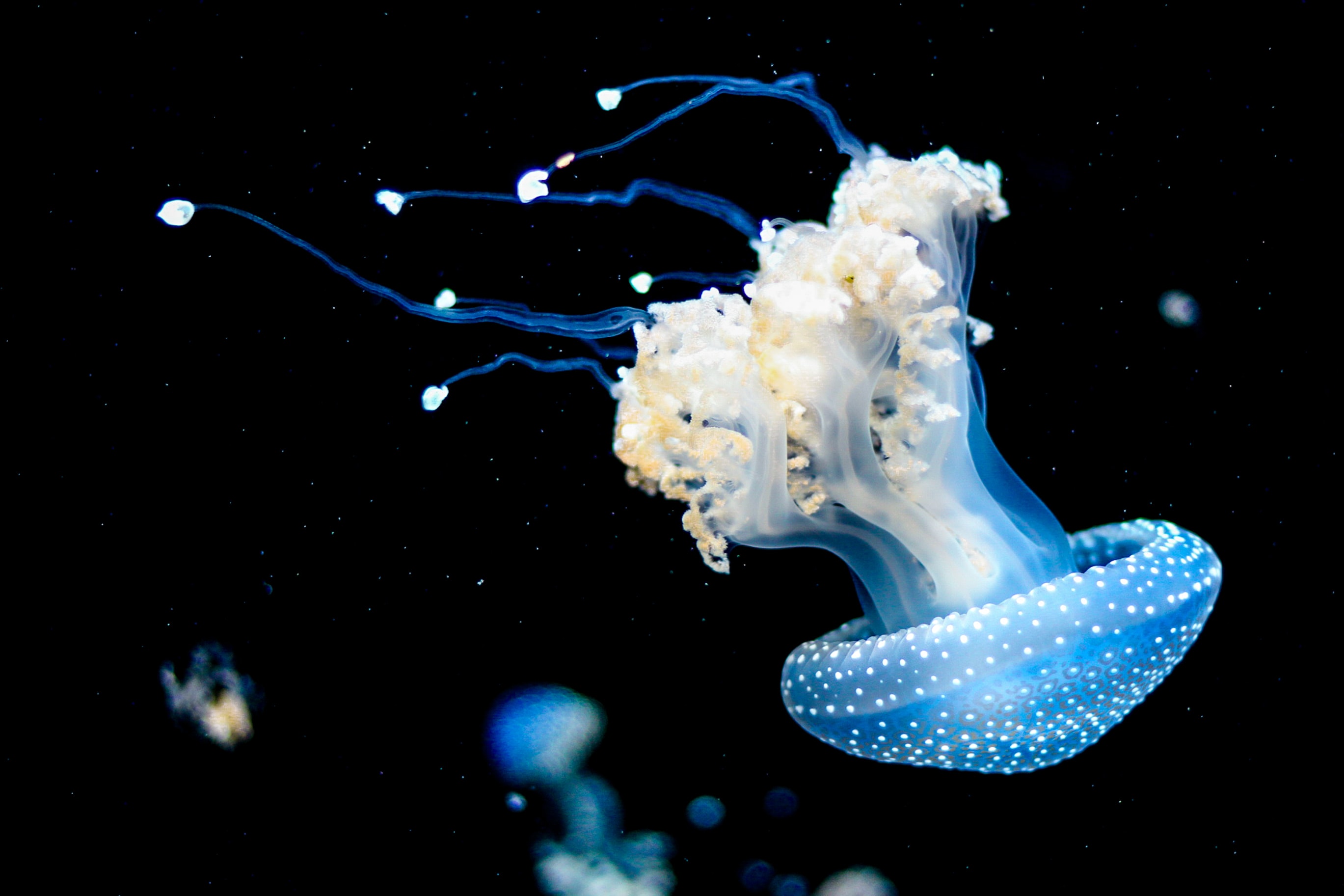Who Owns the Ocean’s Genes? Tension on the High Seas
By Olive Heffernan,
Scientific American
| 09. 12. 2022
Tavis Beck on Unsplash
After nearly two weeks of recent United Nations negotiations in New York City, countries from around the world failed to finalize an ambitious treaty that would create enormous marine protected areas and enforce stricter rules for industry on the high seas—the two thirds of the ocean beyond any country’s exclusive ocean territory. The deal faltered in the final hours, mainly over an issue that has long dogged international ocean talks: how to share profits from commercializing the high seas’ genetic resources.
Ocean organisms, both plants and animals, form the basis of numerous successful drugs, including remdesivir, the first treatment approved for COVID, and Halaven, a blockbuster anticancer drug derived from a Japanese sea sponge that has annual sales of more than $300 million. Genetic material from high seas organisms and the digital data from sequencing their genomes could be used to develop new products potentially worth billions of dollars. But who owns these resources, which theoretically belong to the entire world, and who gets to profit from their use? The details of where U.N. negotiators...
Related Articles
By Scott Solomon, The MIT Press Reader | 02.12.2026
Chris Mason is a man in a hurry.
“Sometimes walking from the subway to the lab takes too long, so I’ll start running,” he told me over breakfast at a bistro near his home in Brooklyn on a crisp...
By Katrina Miller, The New York TImes | 02.05.2026
Joseph Yracheta: The Native Biodata Consortium is the first nonprofit data and sample repository within the geographic bounds and legal jurisdiction of an American Indian nation, on the Cheyenne River Sioux Reservation in Eagle Butte, S.D.
NativeBio participated in a ...
By David Jensen, California Stem Cell Report | 02.10.2026
Touchy issues involving accusations that California’s $12 billion gene and stem cell research agency is pushing aside “good science” in favor of new priorities and preferences will be aired again in late March at a public meeting in Sacramento.
The...
By Lauren Hammer Breslow and Vanessa Smith, Bill of Health | 01.28.2026
On Jan. 24, 2026, the New York Times reported that DNA sequences contributed by children and families to support a federal effort to understand adolescent brain development were later co-opted by other researchers and used to publish “race science”...




